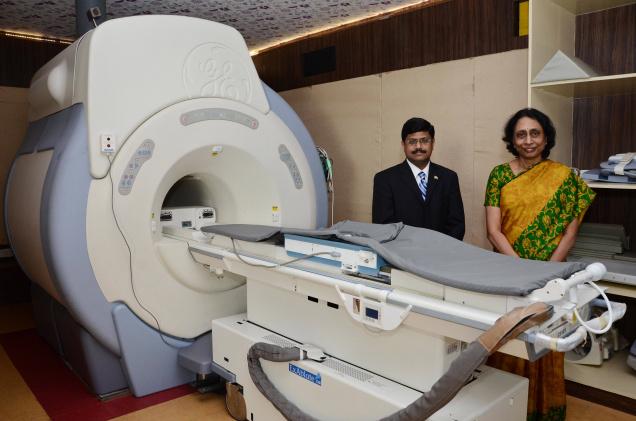

Despite intricate knowledge of the dangers of smoking tobacco, an online survey from the likes of the International Association for the Study of Lung Cancer (IASLC) finds that most physicians shy away from providing smoking cessation assistance to their patients.

The online survey, done on behalf of the Tobacco Control and Smoking Cessation Committee, queried members of the IASLC regarding their tobacco assessment procedures as well as their cessation tactics with cancer patients. Of the 1,500 physicians who responded, 90 percent said they believed that smoking actively affects treatment outcomes. A similar majority confirmed that cessation should be firmly incorporated into treatment routines, but only 39 percent admitted to doing so.
This is the largest assessment of tobacco assessment, cessation and perceptions of tobacco use by physicians who treat cancer patients, said Graham Warren, MD, vice chair for research in Radiation Oncology at the Medical University of South Carolina and lead author on the study, in a news release. Tobacco use affects outcomes for virtually all cancer patients by increasing mortality, treatment complications and other adverse health outcomes such as heart disease. Stopping tobacco use may be the most important activity a cancer patient can do to improve their chances of successful cancer treatment. As clinicians and researchers, we must work to improve access to tobacco cessation resources and improve effective methods of tobacco cessation for cancer patients.
Most respondents cited possible patient resistance as a deterrent to providing active cessation assistance as well as a lack of in-office preparedness. The studys collaborators ” a group inclusive of several investigators at IASLC, Roswell Park Cancer Institute, the Medical University of South Carolina, Yale University and MD Anderson Cancer Center ” hope their collective effort could change such mindsets and further cessation initiatives.

The fact that several institutions worked together to assess physician practice is a very positive step, said Ellen R. Gritz, MD, chair of the department of Behavioral Science at MD Anderson Cancer Center and member of the Institute of Medicine, who was a co-author on the study, in a prepared statement. Hopefully, we can continue to make progress by bringing experts in diverse fields together and increase our ability to address adverse health behaviors, such as tobacco use, in cancer patients.
Clearly there is a need to increase tobacco cessation assistance for cancer patients, added Carolyn Dresler, MD, member of the IASLC board of directors and the Tobacco Control and Smoking Cessation Committee. This study really helps us better understand the barriers to implementing tobacco cessation and gives us a target to improve cessation support.
Be a part of Elets Collaborative Initiatives. Join Us for Upcoming Events and explore business opportunities. Like us on Facebook , connect with us on LinkedIn and follow us on Twitter , Instagram.












